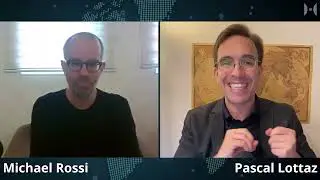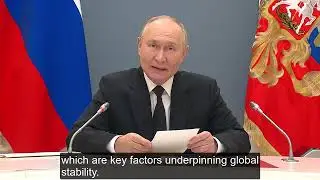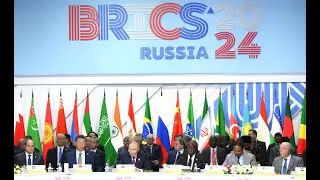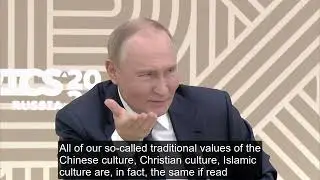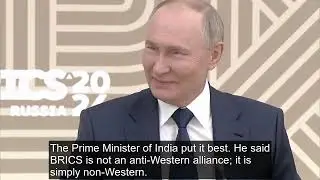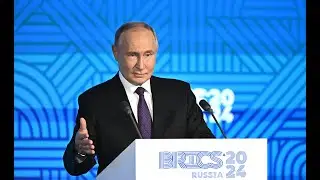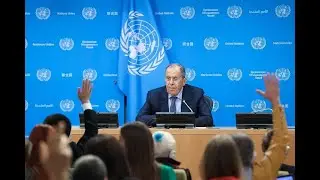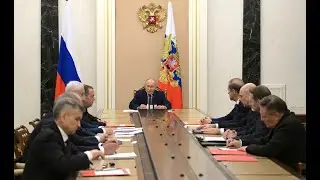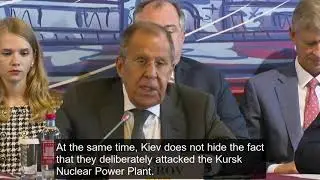Post-Communist Transitions: Democratic Transitions in Multiethnic Societies
Michael Rossi
Department of Political Science
Masters Program in United Nations and Global Policy Studies
Rutgers University
July 10, 2021
In this lecture, we examine the tenuous relationship between democracy, democratic transitions, and multiethnic communities, with particular attention to Croatia and Romania.
Despite the considerable attention that has been devoted to democratization since the fall of communism, democratic transitions theory has only begun to address the manner in which authoritarian legacies can undermine and sometimes reverse attempts at democratic transitions in ethnically divided societies.
Because a dominant ethnic group acquires great political power, economic benefits, and social status through control of the state, ethnocentric narratives help legitimate its domination of other ethnic groups. Invariably building on particularistic and xenophobic interpretations of historical events that extend far into the past, these narratives are often highly effective in mobilizing support among a dominant ethnic group.
Conversely, formerly subordinate ethnic groups that have shaped their collective identities around resistance to domination may appropriate their newly gained political freedoms and mobility in a post-authoritarian setting in seeking retribution and collective justice against former oppressors.
Continued support for an ethnocentric political culture among any ethnic group impedes the development of trust in a society. As a result, the nation-state’s constituent ethnic groups are prevented from creating a new sense of political community that is necessary for a successful democratic transition, one defined by pluralism, political participation and cultural tolerance. Lack of a shared sense of political community undermines the necessary political institution building required for a successful democratic transition and consolidation.
Chapter Markers:
00:00:00 - 00:09:31 - Democratic Transitions in Multiethnic Societies
00:09:31 - 00:25:00 - Post-Communism and Ethnonationalism in the Balkans
**Special Section on Democratic and Multiethnicity in Romania**
00:25:00 - 00:30:19 - The Multiethnic Composition of Banat and Transylvania
00:30:19 - 00:35:43 - Old and New Town Centers in Timisoara (Temesvar)
00:35:43 - 00:40:57 - Transylvania after Ceausescu
00:40:57 - 00:47:12 - Transylvania in Romanian Historiography
00:47:12 - 00:53:18 - Cluj-Napoca (Koloszvar) under Gheorghe Funar
00:53:18 - 01:00:19 - Conclusions on Multiethnic Democratization








